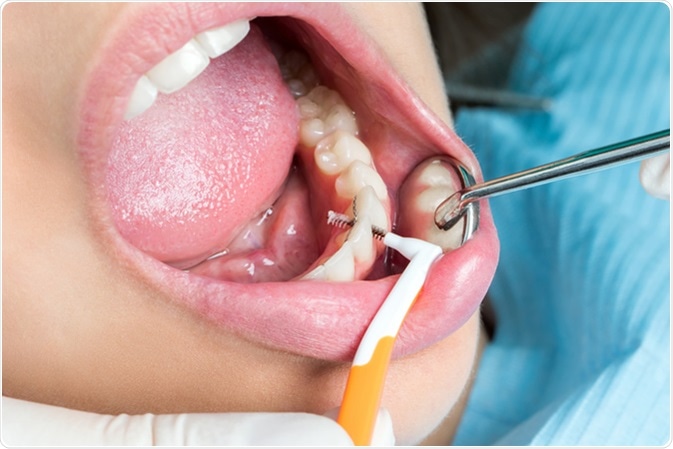
Teeth in Pregnancy: A Comprehensive Guide
Pregnancy is a transformative journey that affects not only a woman’s body but also her oral health. Hormonal changes, dietary shifts, and increased susceptibility to certain conditions can impact the teeth and gums. Understanding these changes and implementing proper oral hygiene practices is crucial for maintaining a healthy smile throughout pregnancy and beyond.
Hormonal Changes and Their Impact
During pregnancy, the body undergoes a surge of hormones, including estrogen and progesterone. These hormones can lead to increased blood flow to the gums, making them more sensitive and prone to bleeding. Additionally, they can cause a condition known as pregnancy gingivitis, characterized by inflammation and swelling of the gums.
Dietary Changes and Acid Reflux
Pregnancy often brings about changes in dietary habits. Increased cravings for sugary foods and acidic drinks can contribute to tooth decay and erosion. Moreover, morning sickness and acid reflux can expose the teeth to stomach acids, further damaging the enamel.
Increased Susceptibility to Periodontal Disease
Pregnant women are more susceptible to periodontal disease, a serious infection of the gums and supporting structures. Hormonal changes and increased blood flow to the gums create a favorable environment for bacteria to thrive. If left untreated, periodontal disease can lead to tooth loss and other health complications.
Common Dental Concerns During Pregnancy
- Pregnancy Gingivitis: A mild form of gum inflammation that typically occurs during the second trimester. It is characterized by red, swollen, and bleeding gums.
- Tooth Decay: Increased sugar consumption and acid exposure can weaken the tooth enamel, making it more susceptible to decay.
- Enamel Erosion: Stomach acids from morning sickness or acid reflux can erode the tooth enamel, leading to sensitivity and discoloration.
- Gum Disease: Hormonal changes and increased susceptibility to infection can lead to periodontal disease, which can progress to tooth loss if left untreated.
- Loose Teeth: Hormonal changes can soften the ligaments that hold teeth in place, causing them to feel loose or wobbly.
Maintaining Oral Health During Pregnancy
- Brush and Floss Regularly: Brush your teeth twice a day with a soft-bristled toothbrush and fluoride toothpaste. Floss daily to remove plaque and bacteria from between the teeth.
- Limit Sugary Foods and Drinks: Reduce your intake of sugary foods and drinks, which can contribute to tooth decay.
- Avoid Acidic Substances: Limit exposure to acidic foods and drinks, such as citrus fruits and soda, as they can erode the tooth enamel.
- Rinse with Fluoride Mouthwash: Use a fluoride mouthwash daily to strengthen the teeth and prevent decay.
- Visit Your Dentist Regularly: Schedule regular dental checkups and cleanings throughout your pregnancy to monitor your oral health and address any concerns promptly.
Dental Treatment During Pregnancy
Most dental treatments are safe during pregnancy, but some procedures may require special precautions.
- First Trimester: Avoid elective dental procedures during the first trimester, as this is a critical period for fetal development.
- Second Trimester: Most dental procedures can be performed safely during the second trimester, including fillings, crowns, and root canals.
- Third Trimester: Avoid lying on your back for extended periods during dental appointments, as this can restrict blood flow to the uterus.
Special Considerations for Pregnant Women
- X-rays: X-rays should be avoided during pregnancy, but they may be necessary in certain emergency situations. A lead apron will be used to protect the fetus from radiation exposure.
- Anesthesia: Local anesthesia is generally safe during pregnancy, but general anesthesia should be avoided if possible.
- Medications: Always inform your dentist about any medications you are taking, as some may not be safe during pregnancy.
Conclusion
Maintaining good oral health during pregnancy is essential for both the mother and the developing baby. By understanding the hormonal changes and other factors that affect the teeth and gums, pregnant women can implement proper oral hygiene practices and seek professional dental care when necessary. Regular dental checkups, a balanced diet, and a commitment to good oral hygiene will help ensure a healthy smile throughout pregnancy and beyond.